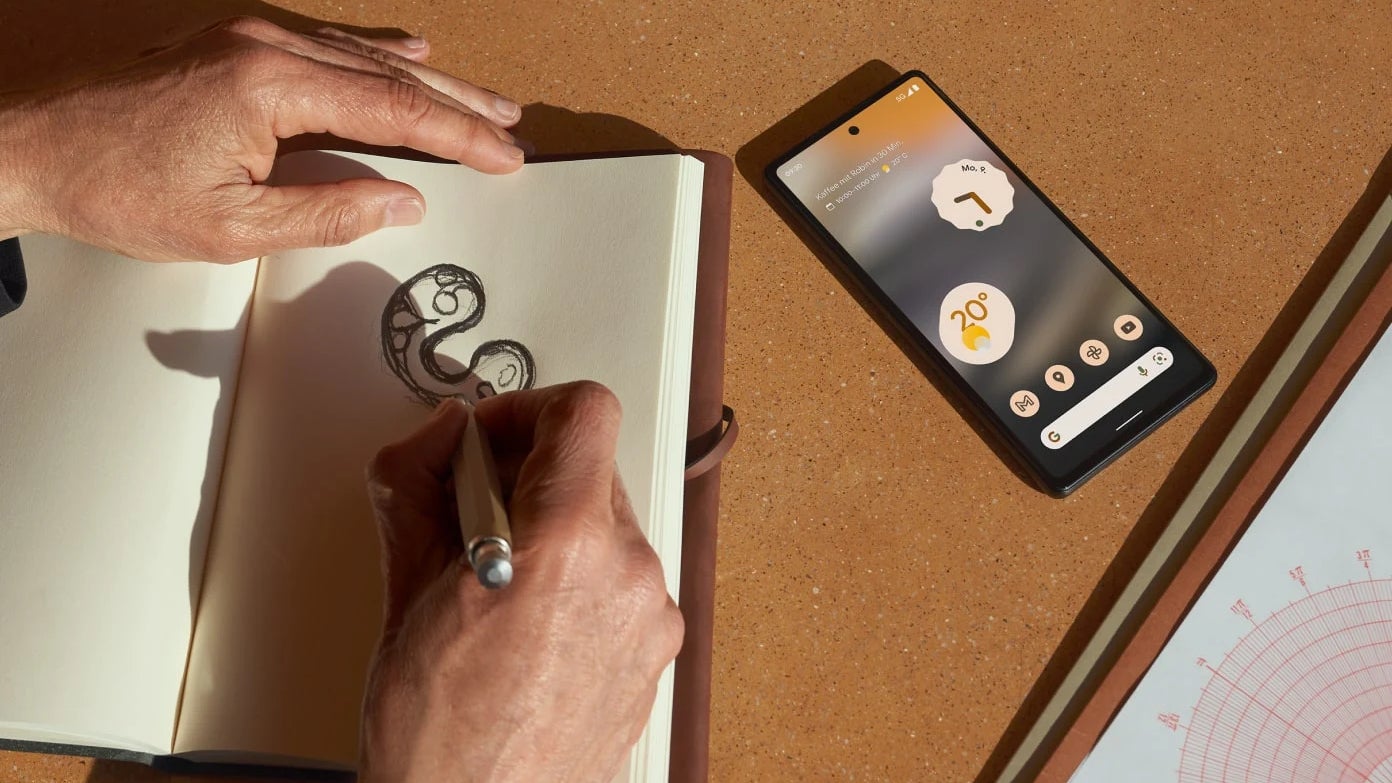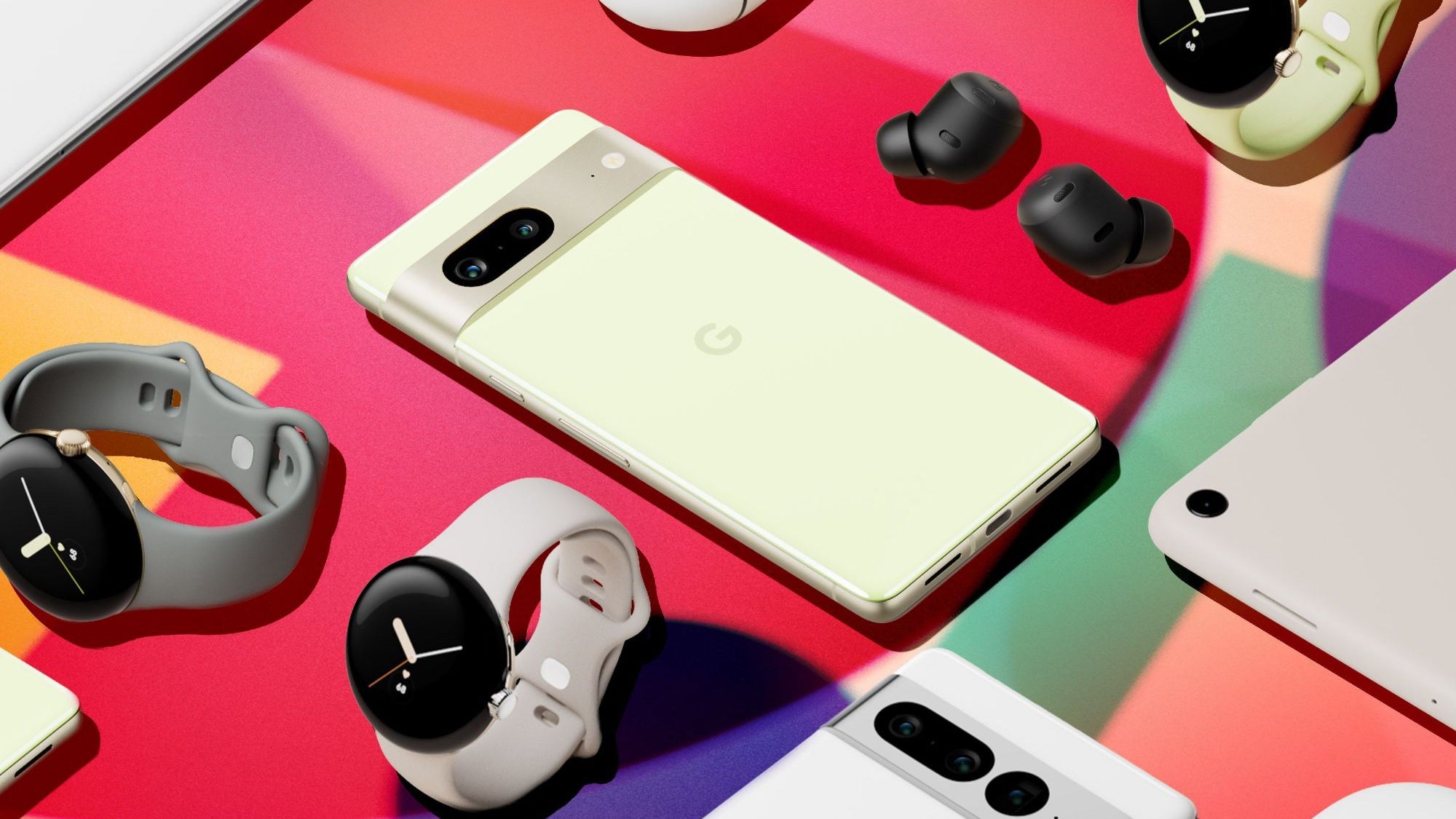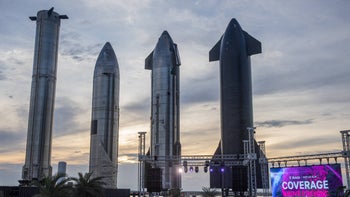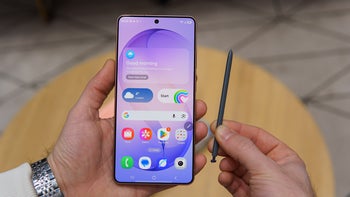Pixel 6A: Android gets its own iPhone SE 6 years after Apple, but is Google too late to the party?
This article may contain personal views and opinion from the author.

Something is off with Android phones' release schedule…
This resulted in a staggering price drop and resale value for the Galaxy S21 FE, as a brand new unit can now be yours for less than €500 or €350 if you shop on eBay (Europe). That's down from €750 at launch.
Google Pixel 6A might be the best mid-range phone of 2022, but is it coming out too late?

The Google Pixel 6A is shaping up to be a firm contender for the best mid-range phone of 2022. The company's budget offering for this year brings:
- Google's latest signature design, introduced with Pixel 6 and Pixel 6 Pro
- Google's own Tensor chip that also powers the $900 Pixel 6 Pro
- Likely the best camera system on any $400-450 mid-range phone
- Android 13 when this one is released in the fall of 2022
- IP67 water and dust resistance (rare for this price)
It's that simple! Except it isn't…
So, releasing a brand new mid-range device 2-3 months before launching its new flagship phones isn't exactly new for Google. However, for once, I'm ready to argue that the company might want to switch things up and amend its current release schedule.
Let me explain…
Pixel 6A is from the same lineup of phones as the Pixel 6 and Pixel 6 Pro (but comes out 10 months later)
For starters, the Pixel 6A, now more than ever, looks like it belongs to the same lineup of flagship and premium flagship phones that Google launches in the fall. That's because the Pixel 6A carries an identical design to that of the Pixel 6 and Tensor - the same flagship chip found in Google's $900 Pixel 6 Pro.
Pixel 6A is priced too close to Pixel 6 and Pixel 7
Although very compellingly priced at $450, the Pixel 6A would make most customers more confused about their purchase of a new Google phone. For one, at $450, the Pixel 6A would be only about $100 cheaper than the Pixel 6 after discounts in the US, UK, and Europe.
However, here's where we have a situation reminiscent of Samsung's confusing Galaxy S21 FE - Galaxy S22 launch from earlier this year…
When the Pixel 7 is released in October, and given that it keeps its $600 price tag, Google's brand new vanilla flagship would be only $150 more expensive than what's effectively last year's mid-range phone by Google - Pixel 6A will run on the first-gen Tensor chip and use older camera sensors and design.
Pixel 7 series and Pixel 8 series: Finding the best solution to Google's Pixel release schedule kerfuffle

Google Pixel 7A: Google scraps its old formula and adopts an iPhone SE release strategy
One solution to Google's bizarre release schedule will undoubtedly be taking after Apple's strategy with the iPhone SE. And no, by that, I don't mean releasing a $430 Pixel with a design from 2017. Relax!
Google Pixel 8, Pixel 8 Pro, and Pixel 8A: The mid-range Pixel joins Google's flagship lineup in the fall
Of course, the other most obvious and (in my view) better solution would be having one simple lineup of phones. However, since that's clearly not Google's plan for 2021-2022, the change would have to come into effect in 2023 - with the launch of the Pixel 8 series.
That way, we'd get three Pixel 8 phones in the fall - Pixel 8, Pixel 8 Pro, and Pixel 8A, which would also sit better with Apple's four iPhones as competition (if that's something to consider). Not to mention that such a move might actually give Google a better chance to upsell the more premium Pixel 8.
However, Google's hypothetical new release schedule wouldn't come without challenges, and by far, the biggest headache for phone-makers that release more than two phones a year is differentiating the budget from the premium models.
Google's pricing options if it had one lineup of Pixel 8 phones in 2023
Here's the pricing strategy that'd appeal most to buyers since this one's the best in terms of overall value for all models:
- Pixel 8 Pro - $900 (same as Pixel 6 Pro, and presumably Pixel 7 Pro)
- Pixel 8 - $600 (same as Pixel 6, and presumably Pixel 7)
- Pixel 8A - $400 ($50 less compared to Pixel 6A and presumably Pixel 7A)
A more realistic possibility for the Pixel 8 series' pricing if Pixel 8A joined the flagships lineup at launch:
- Pixel 8 Pro - $900 (same as Pixel 6 Pro, and presumably Pixel 7 Pro)
- Pixel 8 - $700 ($100 more than Pixel 6, and presumably Pixel 7)
- Pixel 8A - $500 ($50 more compared to Pixel 6A and presumably Pixel 7A)
The first thing to note here is such an outcome would make budget phone buyers less happy.
However, what's certain is that phones from competing brands (Apple and Samsung) are already more expensive than Google's offerings. Not to mention that Apple's expected to increase iPhone prices for the first time since 2017, starting in September with the iPhone 14 Pro.
In the end: Should Google change its ways?

Although it might seem like a minor thing, as mentioned initially, I believe some Android phone-makers’ hardware release schedules are quite questionable. And if there is a problem, then Google is also part of it!
In the end, we can't forget that before the Pixel 6 and Pixel 6 Pro, it was exactly Google's budget phones that brought the company the most amount of sales, brand recognition, and, therefore, success. In a world of Apples and Samsungs, every company in Google's underdog position should count its blessings! Don't you think?
So, tell me... Would you buy a Pixel 6A in August, or would you instead get a Pixel 6? Or wait… You'd probably wait another two months for the Pixel 7 before deciding?
See, that's what I mean! Google makes it more complicated than it should be.
Follow us on Google News














Things that are NOT allowed:
To help keep our community safe and free from spam, we apply temporary limits to newly created accounts: